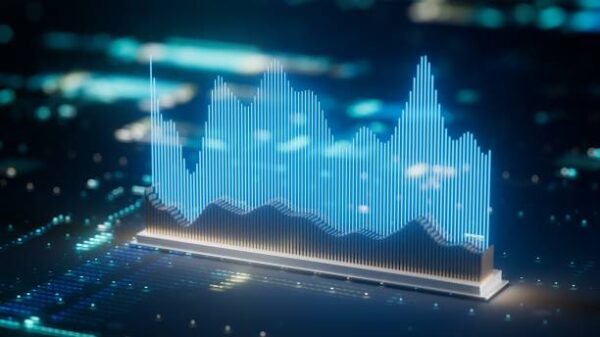Navigating Financial Frontiers: An Exploration of Futures Trading
Introduction:
Futures trading is a dynamic and advanced financial practice that empowers market participants with the ability to speculate on the future price movements of various assets. Defined as standardized contracts to buy or sell an asset at a predetermined price on a specified future date, futures contracts play a pivotal role in risk management, price discovery, and investment strategies. This essay aims to define futures, elucidate their importance, and shed light on how individuals can leverage futures trading to their advantage.
Definition of Futures:
Futures are financial contracts that obligate the buyer to purchase, or the seller to sell, a specified asset at a predetermined price on a specified future date. These contracts are standardized and traded on organized exchanges, facilitating efficient price discovery and liquidity. Futures contracts cover a broad spectrum of underlying assets, including commodities, financial instruments, and indices.
Importance of Futures Trading:
Futures trading serves several crucial functions in the financial markets:
- Risk Management: Businesses and investors use futures contracts to hedge against price fluctuations in commodities, currencies, or interest rates, mitigating the impact of adverse market movements.
- Price Discovery: Futures markets contribute to establishing fair and transparent prices for various assets. The constant interaction of buyers and sellers in these markets aids in determining the true market value of the underlying assets.
- Liquidity: Futures markets are known for their high liquidity, allowing traders to enter and exit positions with ease. This liquidity is essential for efficient market functioning.
- Speculation: Traders engage in futures contracts to speculate on the future direction of prices, aiming to profit from anticipated market movements.
Example of Futures Trading:
Consider a farmer, Bob, who cultivates wheat. Worried about potential price declines before the harvest, Bob enters into a futures contract to sell a specified amount of wheat at a predetermined price in three months. By doing so, Bob locks in the selling price, protecting himself from the volatility of the wheat market. On the other side of the contract, a speculator, Alice, believes that the price of wheat will increase. She enters into a corresponding futures contract to buy the wheat from Bob at the agreed-upon price. In the end, the futures contract serves the dual purpose of risk management for the farmer and an opportunity for profit for the speculator.
The Advantage of Trading Futures:
Individuals can exploit futures trading in various ways to align with their financial goals:
- Speculative Trading: Similar to stocks, individuals can speculate on the future price movements of commodities, indices, or interest rates, aiming for profit from price fluctuations.
- Hedging: Businesses and investors can use futures contracts to hedge against adverse movements in the prices of commodities, currencies, or financial instruments, reducing the impact of market volatility.
- Portfolio Diversification: Including futures contracts in an investment portfolio can enhance diversification and provide exposure to different asset classes.
Conclusion:
Futures trading stands at the forefront of financial innovation, offering a powerful tool for risk management, price discovery, and speculative opportunities. While the potential rewards can be substantial, futures trading involves inherent risks, and individuals should approach it with careful consideration. A deep understanding of the markets, comprehensive research, and risk management strategies are crucial for those venturing into the world of futures trading. By harnessing the capabilities of futures contracts, individuals can navigate the complexities of financial markets with confidence and agility.

